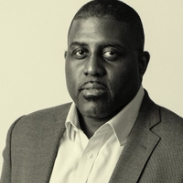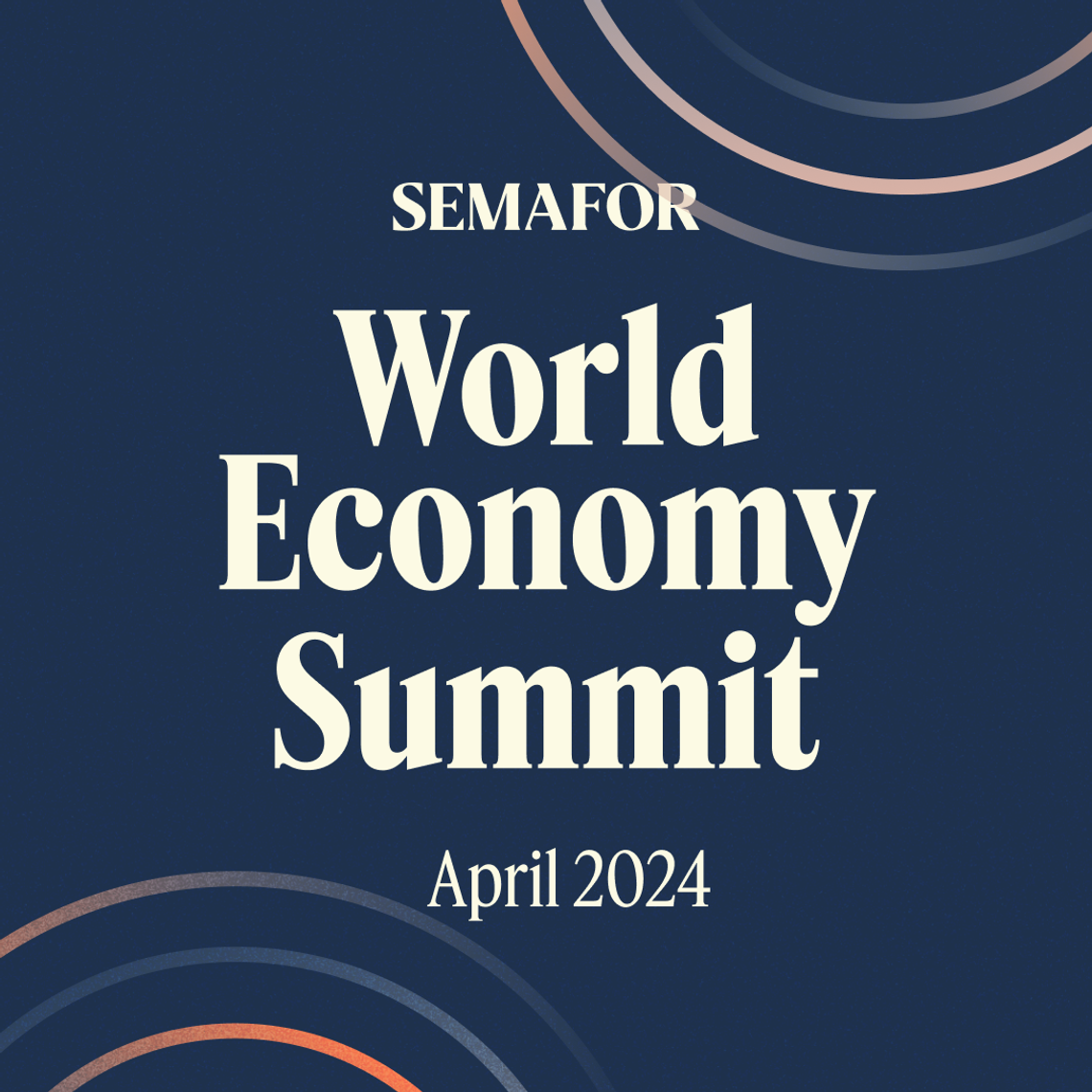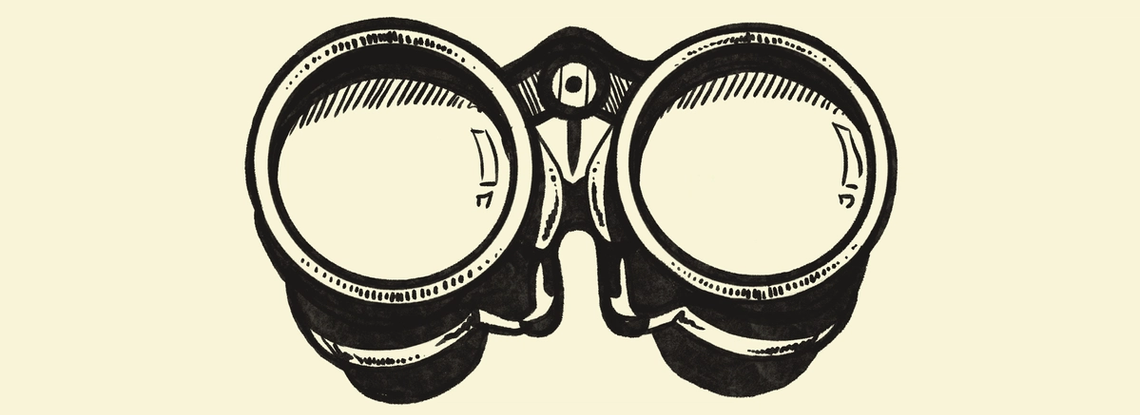 Hannelore Foerster/Getty Images Hannelore Foerster/Getty ImagesAlain Mabanckou was born in Pointe-Noire, Republic of Congo, where he spent his childhood. He achieved widespread literary success with two of his early novels: the widely acclaimed Verre Cassé in 2005, and Mémoires de porc-épic in 2006, which won the Renaudot prize. He is a professor of Francophone literature at University of California at Los Angeles (UCLA). Can you talk about your creative process with writing? 💡 I think that there is a particular moment when I’m about to write a novel. But not only do I not have the topic, I haven’t even thought about it. Then it could be like I’m listening to an old song from Franco or even from Fela Kuti, and it reminds me of my childhood. I need the music to create a moment. Then I try to think about what I’m going to write. So it sounds like your approach depends on your project? 💡 It’s a bit like just roaming about the market for food, buying ingredients and now I have to cook. You can have as many methods as you have writers. Some writers are very methodical. They need a plan. They need to calculate what they’re going to say in chapter ten or they don’t know what’s gonna happen. I don’t use a technique. I use my feelings. I use my reaction. I use, maybe, my mood in order to advance in a project. How have the prospects for Black and African writers evolved since you’ve been doing this professionally? 💡 I’ve been living in both the Anglophone and Francophone world so there are big differences. In France, for instance, in the Francophone world, It was very, very difficult for African literature; it was just considered “exotic.” The promotion was never the same but that started to change when some of the main literature awards were won by non-French writers from around 2006. More recently, we have seen more Francophone writers with higher profiles on TV and elsewhere. But we are still not at the level of the Nigerian writers, for example like Chimamanda Ngozi Adichie or the veterans like Wole Soyinka. What’s your next project? 💡 I’ve been doing a lot of documentaries for TV in France. I did one called a Noirs en France, a documentary discussing the blackness issue in France. It was a big success seen by 7 million people. I’m now thinking about something which is going to deal with Africans and African Americans in the United States. I think when you dig inside, you’re gonna see a lot of issues around how African Americans consider Africans and how Africans perceive African Americans. That’s a topic I want to do as a documentary or maybe a novel dealing with this. How do you remember Congo? 💡 When I think about Congo, what comes to mind is the Atlantic Ocean because that was my childhood. So I can see fishes, I think about the fishermen and the women selling a type of cake on the street. And the main meal I would eat back then is called pondu or saka saka. It’s cassava leaves made with peanut butter and palm oil and a lot of spices. You eat it with fufu. It’s excellent. | 






